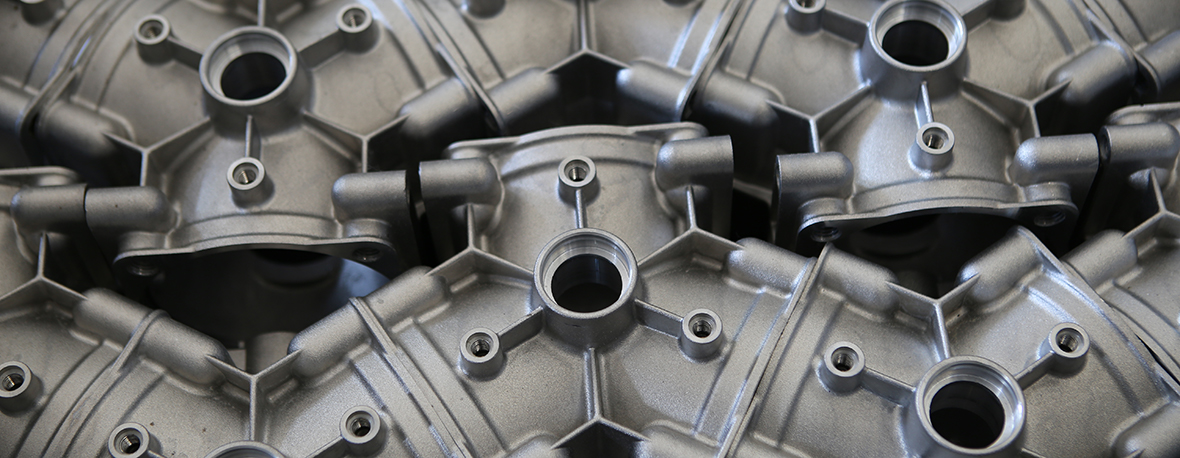
Anodizing
28 June 2016
Peening
25 June 2016Impregnising

TAP ECO SYSTEM is an impregnation treatment under vacuum indicated in order to decrease the porosity and increase the quality of the treated material.
Indeed, on details with wrinkled surface it may sometimes prove necessary an increase of the corrosion resistance: this is done by the high-pressure impregnation. The solution used is a formulation based on polysiloxanes and polysilicic acid sodium salt; the product, thanks to the high pressure used during the process, penetrates into the pores and as a result of chemical reaction is converted into an elastic product and insoluble in water or other solvents, anchoring themselves to the walls of the pores of the impregnated material.
Release of harmful substances Analysis carried out by specially related to the release of harmful substances to the subsequent impregnation treatment, boilers for coffee machines, the analytical results obtained were: • Global Migration (test at 80 ° C): less than 0.5 mg / dm² • Global migration (tested at 120 ° C): less than 0.5 mg / dm².
Additional features - Resistance to solvents: the details treated by this process, are resistant to all solvents, hydraulic fluids, antifreeze, petrochemicals, brine, water and steam; - Resistance to acids: acids render the compound insoluble impregnated; it is attacked only by hydrofluoric acid; - Workability after impregnation the treated parts can be treated without any problem; - Thermal expansion: even with a different thermal expansion, between the impregnating product (2,76x10-4 / ° C) and the impregnated support, it has no gap between the two; this thanks to the high elasticity of the first, which remains well anchored to the particular walls.
